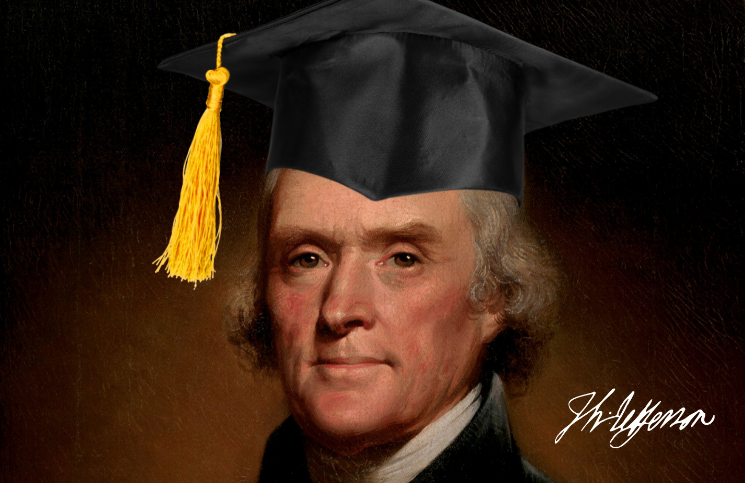All people may be created equal, but all schools are not.
by Gary Kaplan
Inequality will be a pervasive topic in the new decade. It won’t be a new topic. It’s been a front page story ever since Thomas Piketty’s Capital in the Twenty-First Century came out in English in 2014. But it seems to be coming up more frequently, and in more contexts, from the World Economic Forum in Davos to the sports page of the Boston Globe. Yet for the millions who live it every day, it’s hardly breaking news.
The economic inequality that Piketty analyzed is growing more pronounced as income and wealth skew steadily toward the high end of the distribution. Despite some modest wage growth at the bottom due to a tight labor market, current fiscal policy is driving inequality to extremes not seen since the 1920s.
The economic is only one dimension of inequality. We see reports daily of disparities in housing, medical care, employment, transportation, voting rights, gender, race, religion, water resources—every department of life is roiled by protest over unequal distribution.
Why is inequality such a potent and persistent issue? We can trace its origin to Thomas Jefferson. By paraphrasing John Locke in the assertion “All men are created equal” he established a presumption of classlessness that has powered our society for 243 years. Not even the French consider égalité to mean the leveling of social classes: the assumption that all people should be equal is uniquely American.
This brings us to another dimension of inequality: education. If there is any proposition on which all our warring factions agree, it is that education is the great equalizing force in our society. Universal free public education through high school is the pedestal on which our meritocracy rises. Here too we find Jefferson’s influence. He advocated public education “without regard to wealth, birth or other accidental condition or circumstance” as “the only sure reliance for the preservation of our liberty.”

But there is a catch. All people may be created equal, but all schools are not. Some schools provide better education than others. By the standard measures– test scores, GPA, graduation rates, college enrollment rates, college graduation rates– the disparities gape as wide as Piketty’s financial chasms.
And in fact, educational gaps mirror financial disparities. Schools in high-income towns produce higher results on all measures than schools in low-income towns and cities. The gulfs are wide and have not narrowed in the 20 years since Education Reform made possible the collection of standardized data in Massachusetts. This year’s MCAS 2.0 results, on top of the NAEP, PISA and TIMSS tests, confirm once again the direct correlation between academic performance and family income.
Fortunately, there is another catch. In our porous meritocracy, it is possible to advance by mastering the mechanisms of merit. A student who earns top grades, gets high MCAS, SAT and Accuplacer scores, takes AP or early college courses and plans a college pathway carefully can overcome personal and social obstacles and construct a successful career ladder despite any shortcomings of the K-12 platform. Even for underachievers, our loosely organized patchwork of public and private post-secondary institutions provides many alternatives and second, third and fourth chances for further advancement. In a time of declining working-age population and strong economic growth, the doors of employment opportunity are wide open to young people with the right skills.
JFYNetWorks was founded on the belief that all young people can find their own unique path to success in our dynamic economy– if they acquire the right skills. Our blended learning programs are designed, and constantly re-designed, to develop those skills. JFY’s focus on the language and math foundations of college and career readiness is the key to meeting the spiraling skill demands of our frenetic labor market. We work in urban schools where the achievement gaps are widest and the need greatest. We have helped tens of thousands of young people overcome personal and social obstacles in our 43 years of career-focused education and training. We intend to continue that effort as long as equality remains a bedrock American value.
Gary Kaplan is the executive director of JFYNetWorks.
Attributions:
Portrait by Rembrandt Peale, www.whitehousehistory.org and public domain, Wikimedia Commons, the free media repository
Signature: Public domain, Wikimedia Commons, the free media repository





